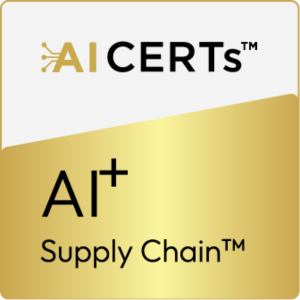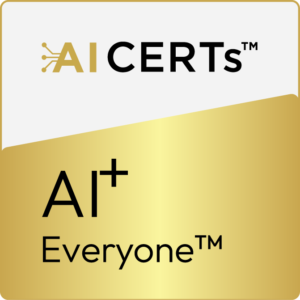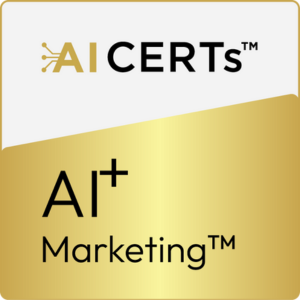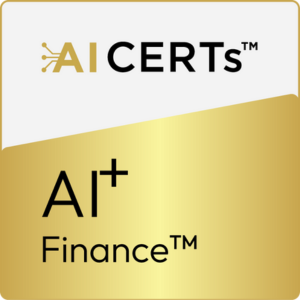Prerequisites
- Foundational Knowledge: Understanding of core supply chain processes, concepts, and operations.
- AI Awareness: Basic knowledge of AI, including machine learning and data analytics, is recommended.
- Experience with Tools: Familiarity with business management software, such as ERP systems or data analysis platforms, will be advantageous.
- Problem-Solving Expertise: Strong analytical and critical thinking skills to implement AI-driven techniques in complex supply chain scenarios.
Exam Details
- Modules (8)
- Examination (1)
- 50 MCQs, 90 Minutes
- Passing Score (70% (35/50) )
Exam Blueprint
| Modules | Percentage |
|---|---|
| Introduction to Artificial Intelligence in Supply Chain | 10 |
| Advanced AI Techniques for Supply Chain | 15 |
| Generative AI in Supply Chain Management | 10 |
| Supply Chain Digitization | 15 |
| Intelligent Driven Supply Chain Management | 15 |
| Industry Aspects of Advanced SCM | 15 |
| Policies of Logistics Management in Supply Chain with AI | 10 |
| Supply Chain Masterclass with AI Assistance | 10 |
What you will get
High-Quality Videos, E-book (PDF & Audio), and Podcasts
AI Mentor for Personalized Guidance
Quizzes, Assessments, and Course Resources
Online Proctored Exam with One Free Retake
Comprehensive Exam Study Guide
Why This Certification Matters
- Smarter Operations
Use AI to optimize logistics, reduce costs, and enhance end-to-end supply chain efficiency. - Accurate Forecasting
Apply AI-driven analytics for better demand prediction and inventory management. - Future-Ready Expertise
Gain in-demand skills as industries adopt AI to transform supply chain functions. - Stronger Decisions
Leverage predictive analytics to drive real-time, data-backed supply chain decisions.
Who Should Enroll
- Supply Chain Professionals
Integrate AI tools to improve forecasting, inventory control, and operational efficiency. - Logistics and Operations Managers
Optimize routes, warehousing, and logistics workflows using AI for greater accuracy and cost savings. - Procurement Experts
Use AI to streamline supplier selection, demand planning, and procurement strategies. - Business Leaders
Adopt AI-driven solutions to transform end-to-end supply chain operations and boost resilience. - Students and New Graduates
Build future-ready skills in AI-powered logistics and supply chain management to stand out in a competitive market.
- Zebra (Workcloud Demand Intelligence Suite)
- Coupa (LLamasoft)
- C3.ai
- LeewayHertz (ZBrain)
Prerequisites
Basic understanding of supply chain principles and operations
General awareness of AI, machine learning, and data analytics
Experience with ERP systems or data analysis tools is helpful
Strong analytical and problem-solving skills to apply AI in supply chain contexts
Exam Blueprint
- Introduction to Artificial Intelligence in Supply Chain - 10%
- Advanced AI Techniques for Supply Chain - 15%
- Generative AI in Supply Chain Management - 10%
- Supply Chain Digitization - 15%
- Intelligent Driven Supply Chain Management - 15%
- Industry Aspects of Advanced SCM - 15%
- Policies of Logistics Management in Supply Chain with AI - 10%
- Supply Chain Masterclass with AI Assistance - 10%
Frequently Asked Questions
What are the key AI technologies taught
You will learn core AI concepts including machine learning, predictive analytics, automation, and optimization models specifically applied to supply chain management.
What real-world applications will I explore
The course includes practical use cases in demand forecasting, route optimization, warehouse automation, inventory management, and supplier evaluation using AI tools.
What industries benefit most from this course
This certification is valuable across logistics, retail, manufacturing, e-commerce, pharmaceuticals, and any industry with complex supply chain operations.
What tools will I use in the course
You will engage with AI-powered platforms and tools such as predictive analytics software, ERP-integrated AI models, and machine learning dashboards designed for supply chain optimization.
What does the AI+ Supply Chain course cover
The course covers end-to-end supply chain digitization, AI integration in operations, demand forecasting, inventory control, ethical considerations, and hands-on simulations for real-world impact.
